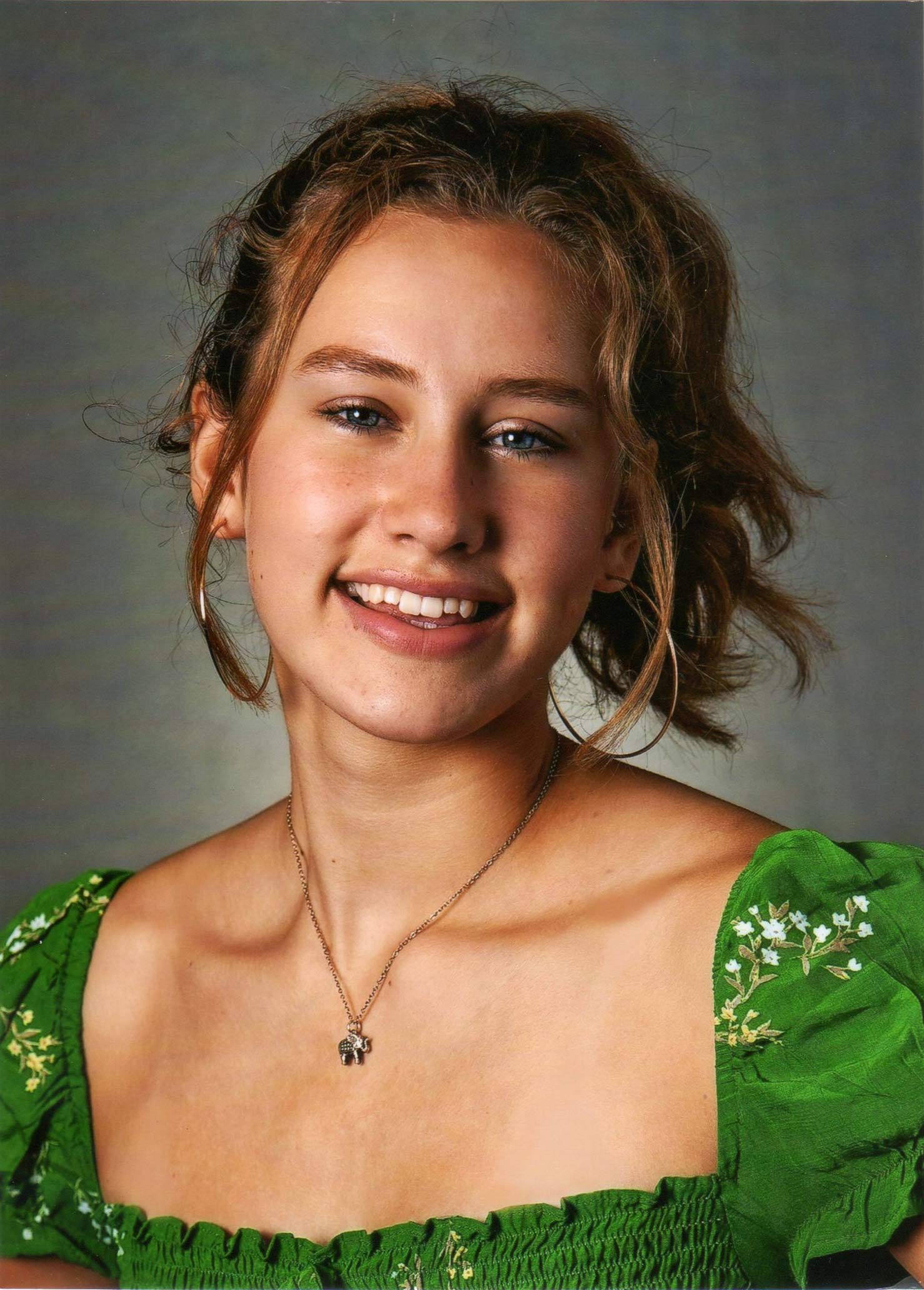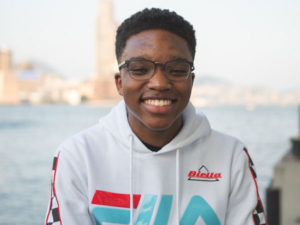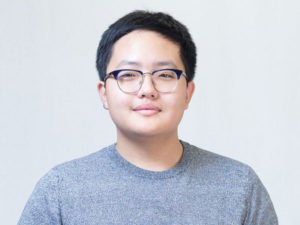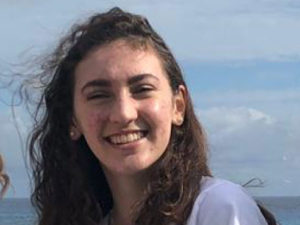September 25, 2020
Many families are expressing concerns over the ways in which COVID-19 (Coronavirus) is impacting their child’s academic year now that most students have returned to school. Students are having to learn how to navigate their academic life amid a highly dynamic global health crisis.
During this extraordinary time, those students whose schools have gone virtual are not only adapting to learning while confined at home, but are also being challenged to reconceive their academic year. The Short List has been working remotely with families for 20 years and, no matter how difficult a student’s circumstances, we have always helped them find a way forward. However, we also recognize this way of working will be new for many other families.
We want to share with you some of the key ways in which we are currently assisting our students to help keep them engaged, excited and informed through the remainder of this academic year.
Seniors
We understand many senior families are concerned with how COVID-19 will impact the application season. Here are key ways in which The Short List is helping:
College Visits
We have assembled a dozen or more resources for students to research any college or university and have made them available to our clients in The Short List proprietary planner. These have become especially useful now that most schools have canceled visitation programs. We are connecting our students to former clients who are now current students or who have recently graduated from a college of interest. We are also introducing ways to build relationships with professors and admissions personnel, so students can become more educated about their college “short” list. Many of these resources are interactive and visually engaging as we seek to maintain each student’s interest.
Online Test Prep
Just as schools have made the adjustment to virtual classrooms, we are seeing testing boards for the SAT, ACT, SAT Subject, AP, IB, A-Level or any other standardized tests finding ways to uphold testing this year. We have a well-established academic tutoring and test prep division that employs innovative tools to guide students through online test prep programs with proven results. Our programs allow a student to continue learning from home, even as local tutors and test prep centers suspend operations. Our Director of Academic Tutoring & Test Prep, is a Harvard graduate with 20 years of test prep experience. He has assembled a team with expertise in subject areas well beyond the SAT and ACT, so students are well-prepared for any testing they take this year.
Academic Relationships
We recognize it may be difficult to maintain academic relationships with teachers and counselors while many high schools operate virtually or with a hybrid approach, so we are advising our students on ways to build relationships remotely so they can receive relevant and targeted recommendations as they prepare to apply to their colleges and universities.
Applications and Deadlines
Reports indicate that anywhere from 10-30% of the ’21 admissions slots have been filled by gap year deferrals from the class of ’20. This will certainly make this coming year the most selective year ever. We are helping students produce focused applications that highlight their strengths, have easily understood themes and will help the student standout in a highly competitive pool, particularly as the Wall Street Journal reports most admissions officers will spend just 7-8 minutes reading the entire application. This holds true when choosing an application deadlines because every opportunity also creates an opportunity cost. Striking the right balance will make all the difference.
Underclassmen
We continue to emphasize academics with all of our freshmen, sophomores and juniors, especially if they feel challenged by their altered learning environment. We are helping them explore ways to adapt their extracurricular activities given current situations, and plan for a meaningful summer. We learned the importance for students to have a Plan B this past year as circumstance changed and students had to quickly pivot to new opportunities. We believe this will become even more important this year as fewer programs are offered or students are asked to reimagine their summers. Finally, we are introducing students to colleges so they can begin the research process for better understanding what will be expected when it comes time to apply.
As the situation continues to evolve, we are monitoring information from the government, health agencies, colleges and universities and communicating our findings to families interested in staying up-to-date. Please write to us at info@theshortlist.org if you would like to be added to the list.
We are committed to helping our families in any way possible and to keeping our students motivated and focused during these uncertain times. For 20 years The Short List has worked remotely with the most up-to-date technological tools to deliver a high-quality personalized service that minimizes stress and maximizes opportunity. Please do not hesitate to email us with any questions or concerns, or to inquire how we can help you at info@theshortlist.org
Stay safe,
Bill Short
Founder & President
![]()
 Elizabeth spent her high school years in a Connecticut boarding school’s Global and Environmental Studies program. She studied French and Arabic and earned the Honors Tea Award for “Best Student in a Language Class.” She joined Model UN, became an officer in her school’s UNICEF club, and was awarded the “Norton Center Initiative — Charitable Blend.”
Elizabeth spent her high school years in a Connecticut boarding school’s Global and Environmental Studies program. She studied French and Arabic and earned the Honors Tea Award for “Best Student in a Language Class.” She joined Model UN, became an officer in her school’s UNICEF club, and was awarded the “Norton Center Initiative — Charitable Blend.”

 Parents typically contact us for guidance for their student. However, Mike reached out to us on his own. His parents empowered him to be the decision-maker. We provided updates, but never actually spoke to them.
Parents typically contact us for guidance for their student. However, Mike reached out to us on his own. His parents empowered him to be the decision-maker. We provided updates, but never actually spoke to them.
 Oliver attends an international school in South Korea. He came to us somewhat lost as to what he wanted to study in college. The more The Short List learned about Oliver, the more we understood why.
Oliver attends an international school in South Korea. He came to us somewhat lost as to what he wanted to study in college. The more The Short List learned about Oliver, the more we understood why. Léa grew up in Bermuda and attended one of the top international schools on the island. She believed she would be happiest attending college in the United States but knew nothing about the U.S. admissions process. Léa was a freshman, so we had plenty of time to help her explore and prepare.
Léa grew up in Bermuda and attended one of the top international schools on the island. She believed she would be happiest attending college in the United States but knew nothing about the U.S. admissions process. Léa was a freshman, so we had plenty of time to help her explore and prepare. We often hear from students, “I would love to get as much done this summer as possible because I know senior year will be busy.” As we got to know, Emma, however, it became clear that “busy” was an understatement. Our first priority became reducing stress for her and her family.
We often hear from students, “I would love to get as much done this summer as possible because I know senior year will be busy.” As we got to know, Emma, however, it became clear that “busy” was an understatement. Our first priority became reducing stress for her and her family. We first worked with Gillian when she was a high school student applying to college. She eventually attended Colby, a liberal arts college, to study both art and sociology. She contacted us again after graduating Colby for help planning her future.
We first worked with Gillian when she was a high school student applying to college. She eventually attended Colby, a liberal arts college, to study both art and sociology. She contacted us again after graduating Colby for help planning her future.